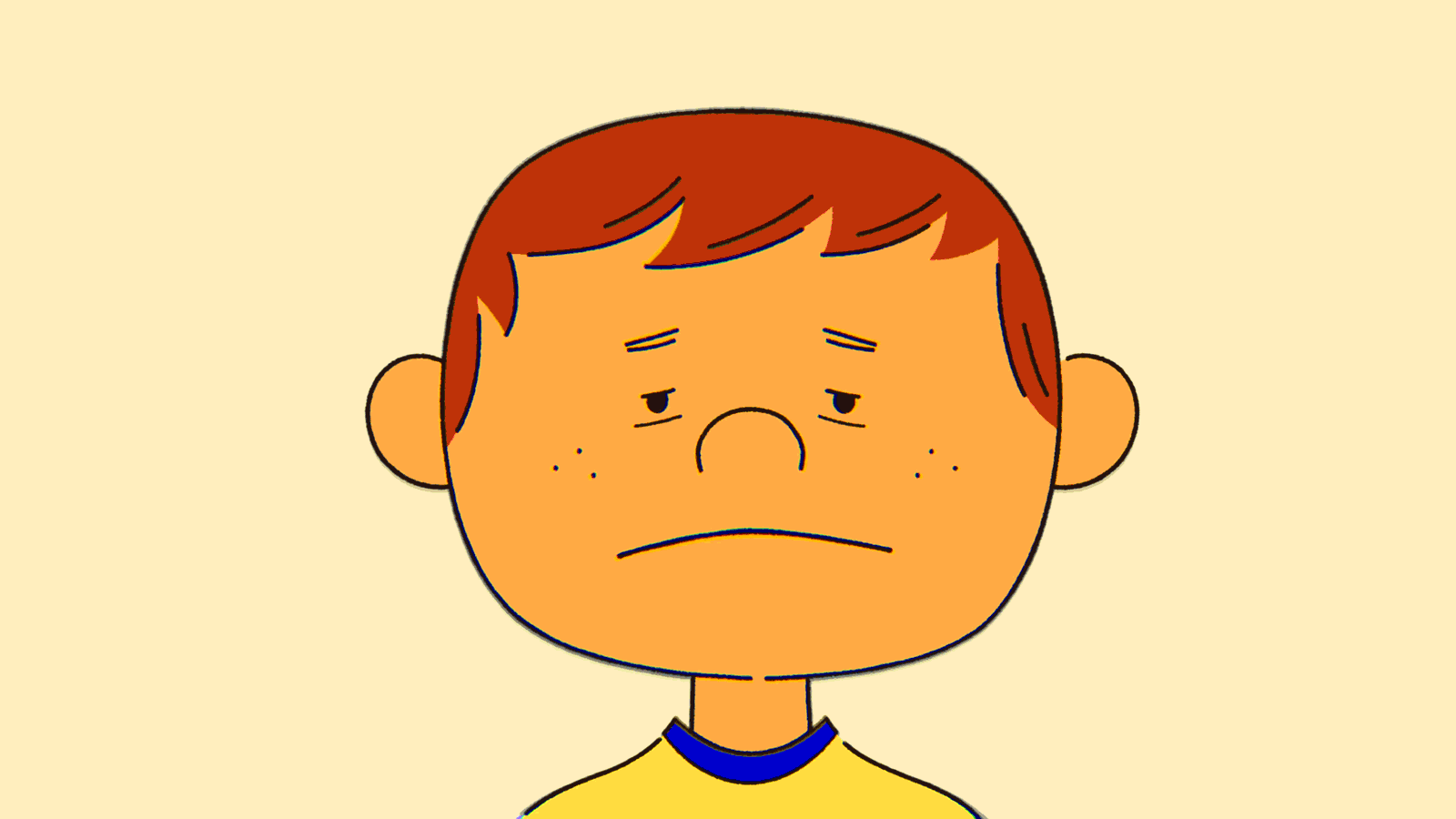The results of a clinical trial show no correlation between adenotonsillectomies and undesirable weight gain in children
5:00 AM
Author |

A trial involving Michigan Medicine researchers has upended a long-held belief that adenotonsillectomies for children with mild sleep-disordered breathing lead to undesirable weight gain.
The resulting paper, “Weight gain after adenotonsillectomy in children with mild obstructive sleep-disordered breathing,” appeared in JAMA Otolaryngology-Head & Neck Surgery.
Adenotonsillectomy, a surgical operation that removes the tonsils and adenoids, has a high success rate at improving symptoms of mild sleep-disordered breathing in children.
Mild sleep-disordered breathing occurs when children have obstructive sleep apnea symptoms but no clear obstructive sleep apnea on sleep lab testing.
The Pediatric Adenotonsillectomy Trial for Snoring included 458 children with mild sleep-disordered breathing, randomized into two groups: those who underwent adenotonsillectomy and those who received “watchful waiting with supportive care.”
The overall results of PATS showed that adenotonsillectomy didn’t result in a statistically significant improvement in primary neurodevelopmental outcomes, but did result in improvement in certain secondary outcomes, such as symptoms, blood pressure and quality of life.
This latest paper uses data from the trial to test the assertion that unwanted weight gain is a potential side effect of the procedure.
“For many years, tonsillectomy causing weight gain in kids was a common assumption based on early studies with little control data,” said Erin Kirkham, M.D., M.P.H., FACS, pediatric otolaryngologist at U-M’s C.S. Mott Children’s Hospital and lead author on the study.
“It turns out kids who are overweight tend to gain more weight over time regardless of whether or not they've had surgery for sleep apnea. Previously, we were seeing a natural trajectory of weight gain—that was going to happen anyway—and attributing it to surgery.”
Weight and sleep-disordered breathing in children are interrelated.
Children with obesity are more likely than other children to develop symptoms.
In addition, underweight patients who are failing to thrive due to their sleep-disordered breathing can experience a desired weight gain after adenotonsillectomy.
Researchers believe that such “catch up” weight gain among children in past studies also contributed to the perception that adenotonsillectomies could cause undesirable weight gain.
Grouping underweight children in with normal and overweight children made it seem as if the group as a whole gained weight after surgery.
A previous paper from the same research team using data from a different randomized trial involving children with obstructive sleep apnea, “Weight gain in children after adenotonsillectomy: undesirable weight gain or catch-up growth?” appeared in Sleep Medicine in 2021 and concluded, “Adenotonsillectomy may not be an independent risk factor for undesirable weight gain in children.”
For the PATS trial, researchers defined undesirable weight gain in two ways: underweight or normal weight children who became overweight after 12 months, and already overweight children who continued to gain weight in the same span.
Undesirable weight gain occurred after 12 months in 32% of cases from the adenotonsillectomy group (120 children), versus 27% of the watchful waiting group (101 children).
A regression analysis did not find a significant association between adenotonsillectomy and undesirable weight gain.
“The upshot is that if you're a sleep specialist—or an otolaryngologist considering taking out a child’s tonsils—you don't have to worry families as much by saying, ‘There's an obesity epidemic, and if you choose surgery, it could increase the risk of obesity for your child,’” said Ronald D. Chervin, M.D., M.S., Michael S. Aldrich Collegiate Professor of Sleep Medicine at U-M, director of its Sleep Disorders Centers and senior author on the paper.
The authors note, however, that nearly a third of the participants did experience unwanted weight gain, even if adenotonsillectomy was not the cause.
They emphasize that there’s an opportunity for clinicians to encourage healthy weight management when they see overweight children with mild sleep-disordered breathing.
Funding/disclosures: This study was supported by US National Heart, Lung, and Blood Institute cooperative agreements (grants 1U01HL125307 and 1U01HL125295.)
Tech transfer(s)/Conflict(s) of interest: Kirkham reported royalties from UpToDate outside the submitted work. Chervin reported institutional grants from the NIH through subcontracts with University of Pennsylvania and Brigham and Women’s Hospital during the conduct of the study; royalties from UpToDate; and consulting fees from Eli Lilly through a contract between company and Michigan Medicine outside the submitted work; in addition, Chervin reported holding a patent and copyrighted material to facilitate diagnosis and treatment of sleep disorder (owned/licensed by University of Michigan to MAPI Questionnaires.)
Paper cited: “Weight Gain After Adenotonsillectomy in Children With Mild Obstructive Sleep-Disordered Breathing: Exploratory Analysis of the PATS Randomized Clinical Trial,” JAMA Otolaryngol Head Neck Surg. DOI: 10.1001/jamaoto.2024.2554
Sign up for Health Lab newsletters today. Get medical tips from top experts and learn about new scientific discoveries every week.
Sign up for the Health Lab Podcast. Add us wherever you listen to your favorite shows.

Explore a variety of health care news & stories by visiting the Health Lab home page for more articles.

Department of Communication at Michigan Medicine

Assistant Professor

Professor
Want top health & research news weekly? Sign up for Health Lab’s newsletters today!




